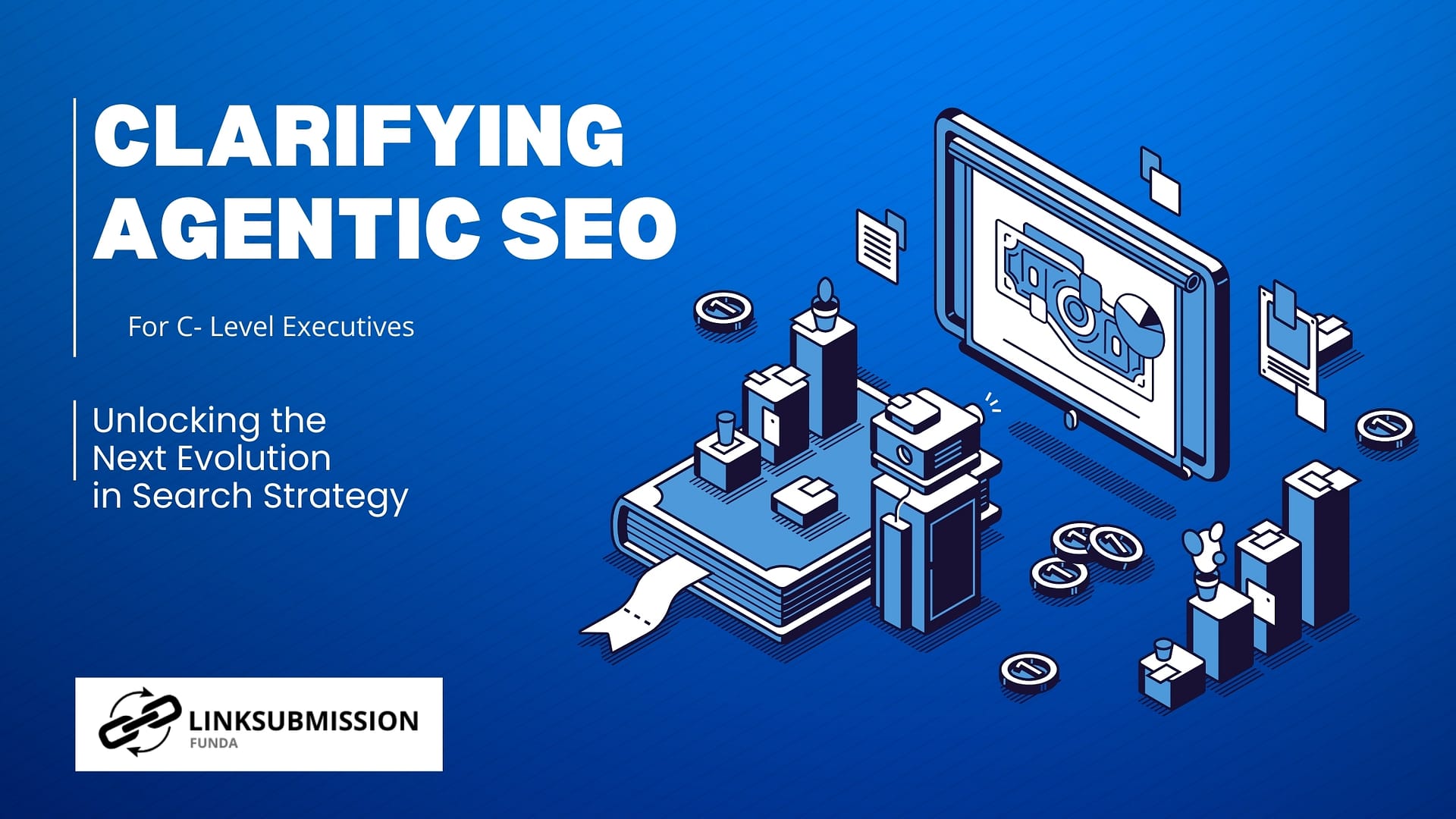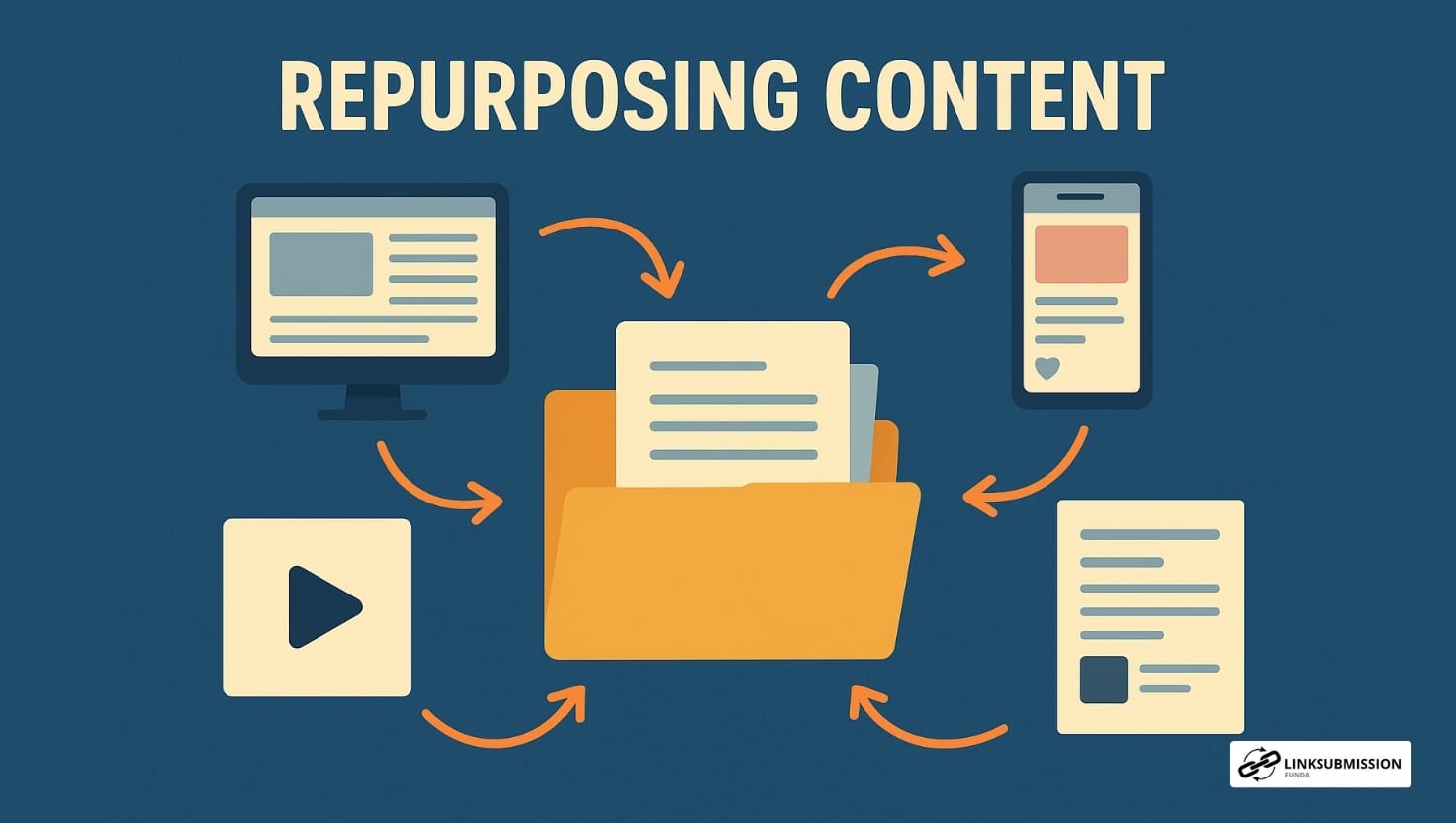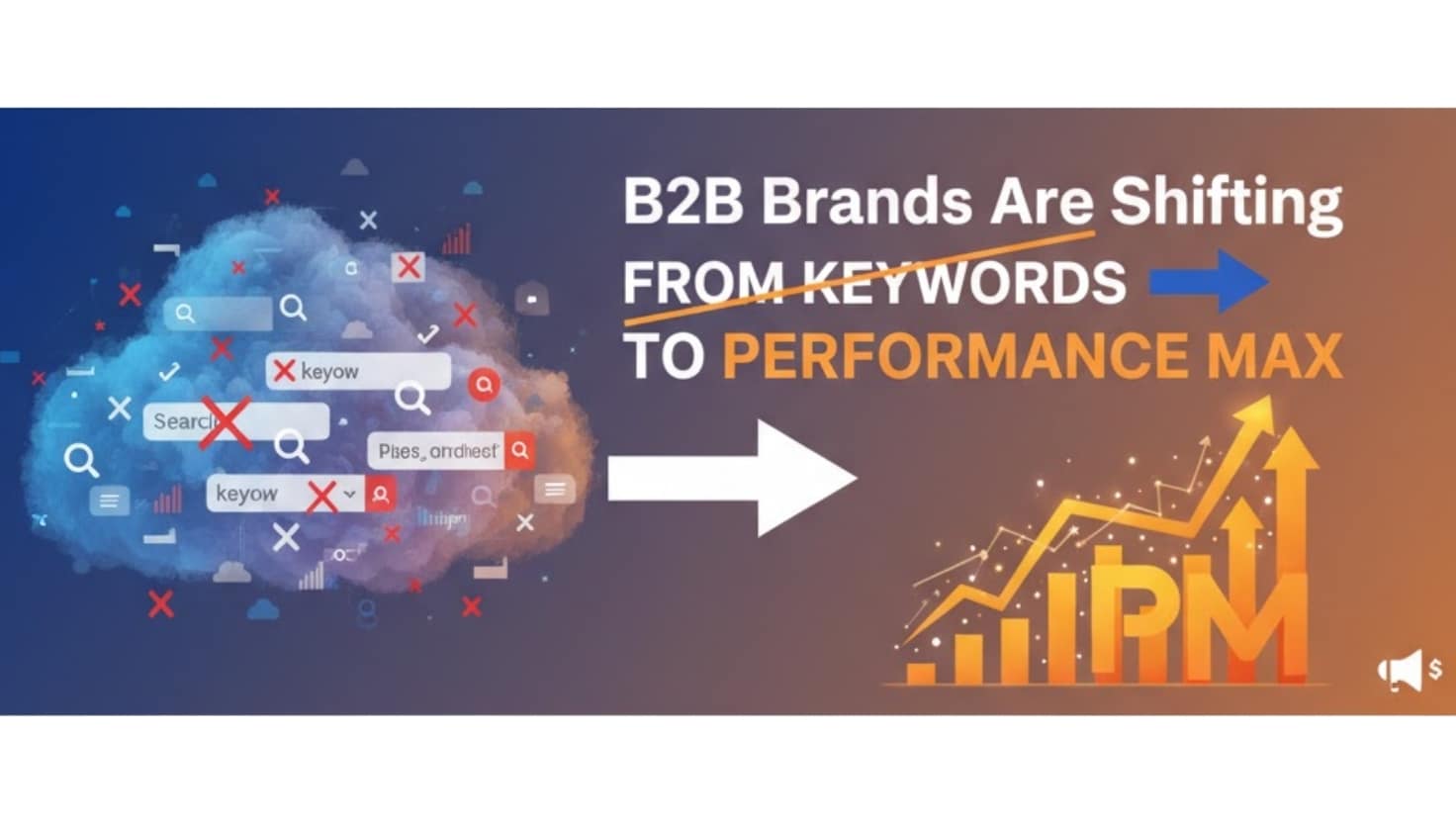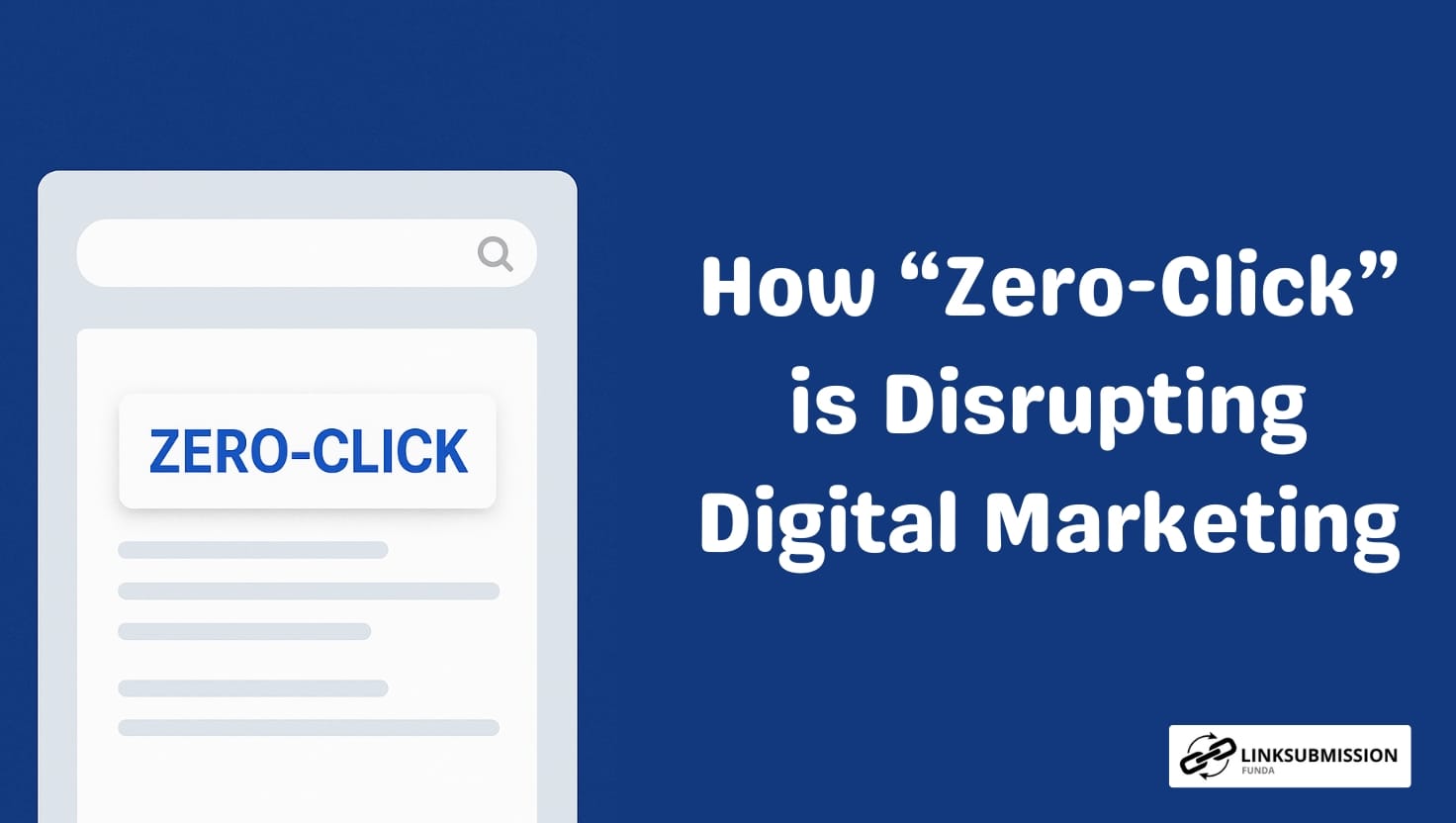Introduction: Beyond Traditional SEO
In the ever-evolving digital landscape, staying ahead of the competition means adapting quickly to technological shifts. One such shift that’s redefining how businesses approach visibility online is Agentic SEO. For C-level executives—CEOs, CMOs, CIOs—grasping this new paradigm isn’t just about understanding another marketing acronym. It’s about recognizing a critical transformation in how your customers are discovering and interacting with your brand.
What Is Agentic SEO?
Agentic SEO refers to optimizing content, data, and digital experiences for AI-powered agents—such as ChatGPT, Google’s Search Generative Experience (SGE), Microsoft Copilot, and other autonomous or semi-autonomous AI tools. These agents assist users by summarizing, synthesizing, and recommending content in response to complex queries—often replacing traditional search engine result pages (SERPs).
Key Differences:
- Traditional SEO focuses on ranking high in search results (SERPs).
- Agentic SEO aims to ensure your brand or content is selected, cited, and surfaced by AI agents that users rely on for answers.
Why It Matters to C-Level Executives
- Shifting User Behavior
Consumers and decision-makers are increasingly turning to AI tools for answers, not just search engines. If your business isn’t optimized for this shift, you risk losing visibility to competitors who are. - Revenue & Reputation Risk
AI agents may summarize content without linking back or may reference competitors if your brand isn’t prominently represented in authoritative sources. That means fewer clicks, conversions, and brand mentions for you. - Competitive Edge
Early adoption of Agentic SEO strategies enables your brand to influence the narrative within AI-driven ecosystems—crucial for thought leadership, market positioning, and trust.
How Agentic SEO Work
Here’s a simplified breakdown:
| Component | Description | Executive Value |
| Structured Data | Marking content with schema to help AI understand context. | Improves visibility in AI summaries. |
| Content Depth & Authority | Creating well-researched, credible, and detailed content. | Builds trust with AI and users alike. |
| AI Readiness | Tailoring content to answer likely natural language queries. | Ensures your brand gets “picked” by the agent. |
| Citation Strategy | Getting your brand mentioned on authoritative platforms. | Enhances brand authority and agent relevance. |
Strategic Actions for Leadership
- Align Marketing & Tech Teams
Ensure SEO, content, and AI readiness are cross-functional priorities. CIOs and CMOs need to coordinate efforts around structured data, content architecture, and platform integration. - Invest in AI-Optimized Content
Shift budgets from only paid media to strategic content production—especially content that can be referenced by AI systems. - Audit and Upgrade Technical SEO
CTOs and digital teams should implement robust schema markup, optimize page speed, and ensure mobile usability—not just for human users, but for AI parsing. - Measure New KPIs
Move beyond keyword rankings. Focus on metrics like AI mentions, zero-click traffic, and semantic authority.
What Success Looks Like
A brand succeeding in Agentic SEO might:
- Be the primary cited source in a ChatGPT or Bard response.
- Appear as the summarized answer in a generative search preview.
- Receive high-quality traffic from zero-click answers due to embedded links.
- Gain reputation as a trusted authority across AI interfaces.
Conclusion: Future-Proof Your Digital Strategy
Agentic SEO is not a futuristic concept—it’s happening now. As AI continues to mediate digital experiences, C-level leaders must treat Agentic SEO as a strategic imperative, not a niche marketing tactic. By proactively shaping how intelligent agents perceive and present your brand, you’ll be ensuring its relevance, reputation, and revenue in the new era of search.





